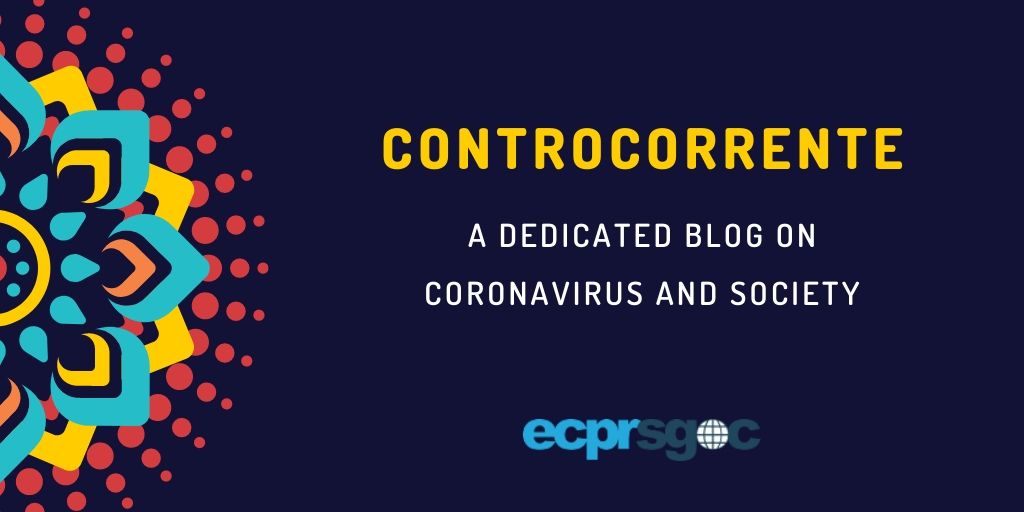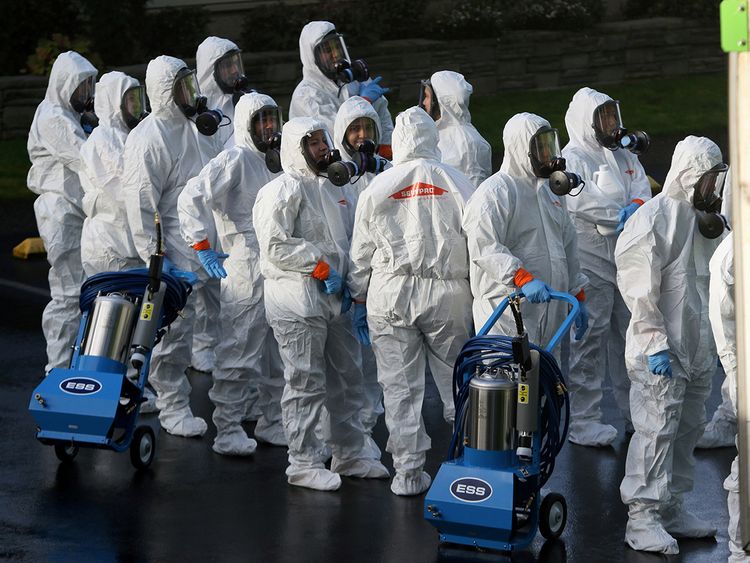
The Great Pandemic
Fausto Carabajal Glass
Mexican Council on Foreign Relations
It began in the East and quickly spread to distant territories. The fallout of the Antonine plague in 165 AD during the reign of Marcus Aurelius was a major event that modified the trajectory of history in unimaginable ways. The implacable plague –that most likely consisted of smallpox– impacted at the same time military affairs, rural and urban economies, and represented a major cost to the State’s finances –up to the point that Marcus Aurelius himself conducted a sort of auction of imperial treasures. The disease altered ancient Roman traditions and artistic expressions –it probably paved the way for the spread of monotheistic religions, chief among them Christianity. Moreover, for some scholars, the plague was the beginning of the end of the Roman empire, when it finally took place in the fifth century AD.
Just as then, we are living in interesting –albeit strange, confusing and painful– times. “Bear in mind constantly that all of this has happened before and all will happen again –the same plot from beginning to end”, Marcus Aurelius would remind himself in his Meditations. But, although there could be many overlapping characteristics between the Antonine Plague and the COVID-19 pandemic, we would do well to keep simplistic generalisations at bay. After all, as Isaiah Berlin suggests, it is essential to identify, and focus on, the specificities of every major event taking place in the political realm –for starters, during the Antonine plague a total of 10 to 18 million people died.

However, it is almost a truism that after this pandemic, things won´t be the same anymore. The United Nations Secretary recently called for a New World Order, and the Financial Times has made a historic spin in its editorial line by adopting a more progressive approach and suggesting a more active role of States. But in all fairness, the pandemic crisis had just accelerated the downward path to an economic crisis, and made more evident the extent to which the structures of the international system are going through a severe process of fragmentation and reconfiguration. Perhaps one of the first person to identify this global trajectory in a serious fashion was the great historian Margaret MacMillan in her book The Rhyme of History: Lessons of the Great War.
It is uncertain what traits the Nation-state will have in the years to come, especially in the context of exacerbated nationalisms, far-right political movements, Thucydides traps and, indeed, authoritarian temptations, the latter of which anticipated by historian John Bew a couple of years ago. It is, therefore, essential to ask ourselves what kind of role do societies need the State to have from now on? I must confess that, as an inveterate realist of International Relations, I see with good eyes the possibility for the State to take back the reins of fundamental sectors to achieve more prosperous, just and, ultimately, secure societies –in times of coronavirus, in particular, the possibility to build and manage effective health care systems. Perhaps, it is an unmatched opportunity to revisit the good old postulates of people like Anthony Giddens and his “Third Way” concept for the renewal of social democracy. In any case, it is an unmatched opportunity to put to work the best angels of our nature in our own countries.
9 April 2020.
***
This blog aims to reflect the opinions, thoughts, and concerns of academics and researchers related to COVID-19. All views belong to authors and it does not represent the views of any organisation.

